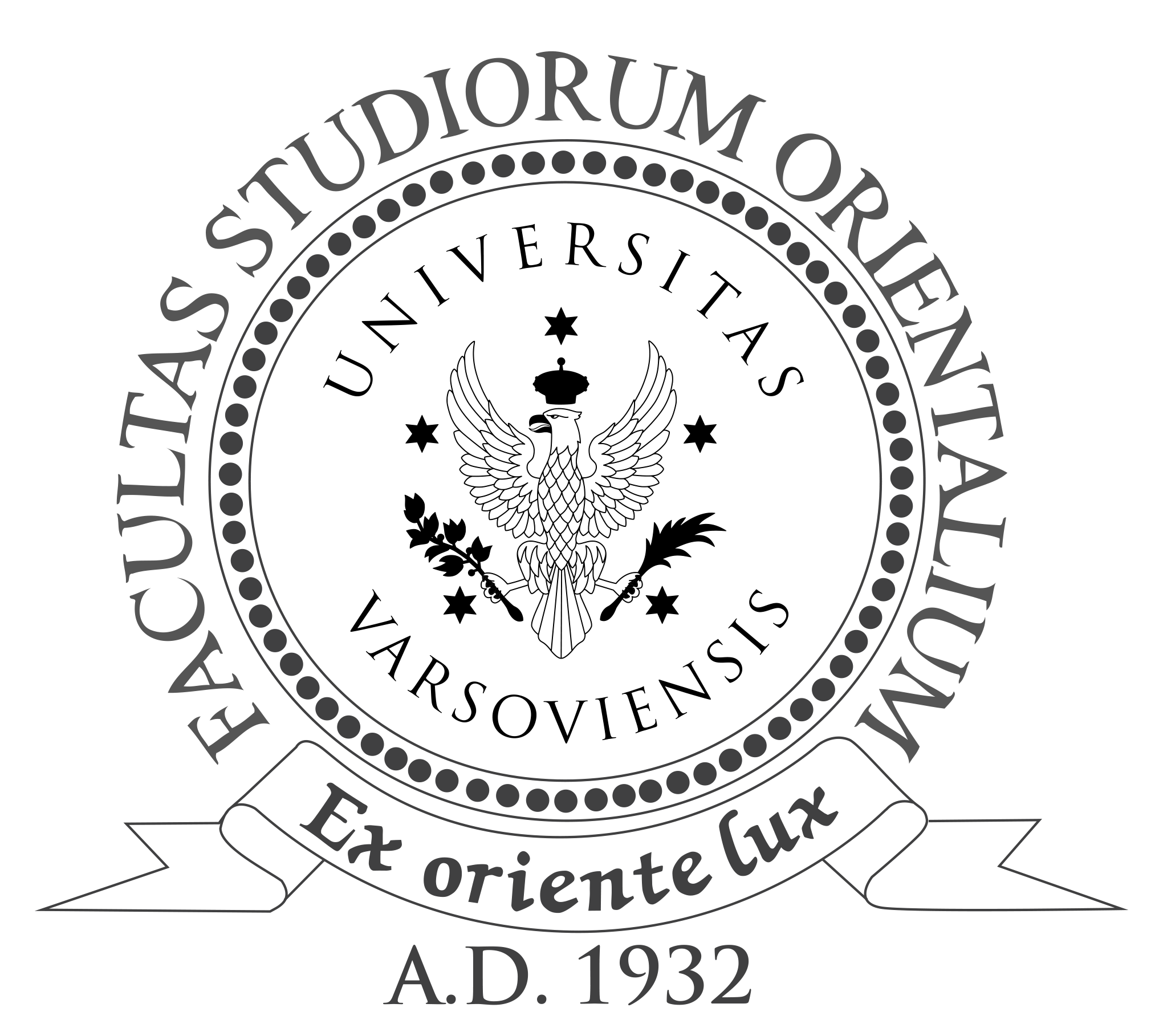About the studies
- Field of studies: Religions of Asia and Africa: Buddhism, Islam and Others
- Field of studies in Polish: Religie Azji i Afryki: buddyzm, islam i inne
- Level of education: second cycle
- Form of studies: full-time
- Language of lecture: English
The unique study program “Religions of Asia and Africa: Buddhism, Islam and Others” at M.A. level focuses on studying a number of religions which for centuries have formed the basis for morality, legal principles and culture in Asia and Africa. The program provides a necessary comparative research perspective and facilitates dissemination of research results on the religions of Asia and Africa.
The program is of academic profile and is provided by the Faculty of Oriental Studies of the University of Warsaw, known for its 90-year experience in academic education about Asian/African cultures and languages. The program, conducted solely in English, is interdisciplinary in nature. It constitutes a unique combination of religious and Oriental studies within the discipline of culture and religious studies. Emphasis is placed on Buddhism and Islam which are contrasted with the background of other religions and in the context of their impact on society. In order to facilitate studying of Asian religions students learn one of the selected languages, Tibetan or Arabic, enabling them to better comprehend religious terminology.
During their studies students learn the methodology of religious studies and gain knowledge on the religious doctrines of Buddhism and Islam, as well as awareness of many other religions of Asia and Africa (religions of Ancient Egypt and Ancient East, Hinduism, Judaism, Taoism, Confucianism, Shintoism, Shamanism, Alevism, Karaism) and history of their dissemination, main figures, denominations, religious literature, arts and symbols, terminology, current issues and propagation of these religions in the West. Much space in the studies program is devoted to discussing the functions of religions in the society and implications of law applied in particular regions of Asia and Africa resulting from religions practiced there; discussing religious practices, rituals, conflicts and controversial issues resulting from religious background, examples of interreligious relations and dialogue.
Students may obtain individual tutoring (consultation, conducting research projects in cooperation with internationally recognized scholars etc.). The unique element of the program is the cycle of workshops, conducted in cooperation with followers of Buddhism and Islam, aimed at practical implementation of knowledge obtained during courses and establishing a direct dialogue facilitating mutual understanding. These workshops provide students with a chance to improve their skills and competences in communication with regard to culture and religion, understanding religious notions and symbols, as well as resolving religious conflicts and winning business partners.
The studies develop competences that prepare students to undertake independent research during their Ph.D. studies.
Knowledge acquired while studying the program of “Religions of Asia and Africa: Buddhism, Islam and Others” will allow the graduate to do research on general issues of religions of Asia and Africa from a comparative perspective, and to properly interpret and express opinions on social phenomena possessing religious background. The graduate will receive a methodological background in the area of religious studies to be used in research, including international one, and knowledge on the cultural artifacts of the studied areas. The graduate will be well prepared to educate society on religious diversity, the cohabitation
of believers of various religious systems and their impact on the development of civilizations. Owing to the knowledge and skills acquired during studies, the graduate will be ready to perform various roles in the global society, working towards understanding of religious diversity and its importance in shaping contemporary society and the world in general. Acquiring broad social competences will enable the graduate to get involved in the processes of mediation as well as social, cultural and ideological conciliation.
The graduate will be ready to work in many sectors of management whose activity focuses on the area of intercultural and multi-religious relations and where conscious approach to different worldviews plays an important role. Thanks to the knowledge and experience gained during studies, the graduate will be ready for innovative human resource management in a multicultural environment with diverse religious views, such as international institutions and enterprises. Acquired skills in the field of sustainable management of a multi-faith and multicultural team will facilitate finding employment in the global labor market, including organizations solving global and local conflicts based on ideological issues. Practical knowledge gained during studies may allow the graduate to find a job in the analytical and advisory sector, as well as in the institutions popularizing culture such as media or editorial offices as well as in the public administration.







